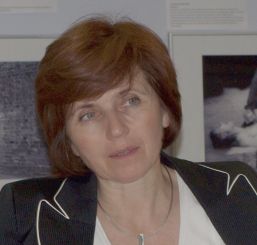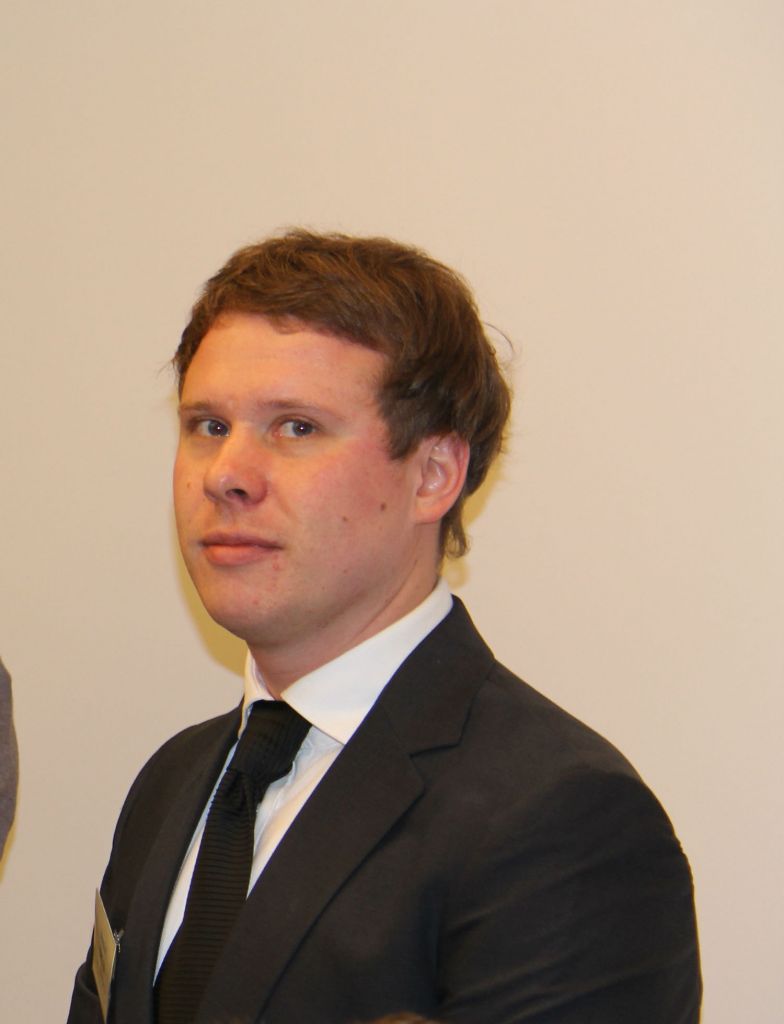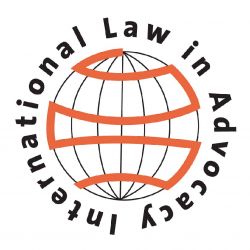The project “Electronic Human Rights Education for Lawyers” aims to fill the gap in lawyers’ knowledge in the field of human rights law, to establish communication between lawyers and human rights defenders and thereby to increase the effectiveness of judicial protection in the national legal systems of the countries of the CIS. Educational materials in the field of international human rights law and national advocacy mechanisms, prepared by international and national experts are uploaded to a special learning platform which allows participants to learn the materials using the latest technologies and approaches, to exchange information efficiently, to participate in discussions of various cases and to use normative, academic, theoretical and practical sources collected by the organizers and authors of distance learning courses in the electronic library.
 “The educational part of the program is supported by the fact that along with our regional partners – Human Rights Houses, we have partner institutions which are most highly qualified in the field of legal education and awareness raising: The Helsinki Foundation for Human Rights and the European Humanities University. The former is the leader in education in the field of human rights while EHU is a pioneer in distance education in the post-Soviet space, which has transferred its know-how to the project in 2007. Based on the experience, knowledge and support of our partners, we were able to make the program innovative and substantial. To date, the curriculum and each course is certified by EHU which means that lawyers can use a certificate to confirm their professional knowledge” – said the manager of Human Rights House Network program “International Law in Advocacy” Liudmila Ulyashyna (left). Courses that have passed such a certification may be taken into consideration during the transfer or admission to European universities which opens up new opportunities for those graduates who chose to continue their education, for example in the master’s programs of universities involved in the Bologna process.
“The educational part of the program is supported by the fact that along with our regional partners – Human Rights Houses, we have partner institutions which are most highly qualified in the field of legal education and awareness raising: The Helsinki Foundation for Human Rights and the European Humanities University. The former is the leader in education in the field of human rights while EHU is a pioneer in distance education in the post-Soviet space, which has transferred its know-how to the project in 2007. Based on the experience, knowledge and support of our partners, we were able to make the program innovative and substantial. To date, the curriculum and each course is certified by EHU which means that lawyers can use a certificate to confirm their professional knowledge” – said the manager of Human Rights House Network program “International Law in Advocacy” Liudmila Ulyashyna (left). Courses that have passed such a certification may be taken into consideration during the transfer or admission to European universities which opens up new opportunities for those graduates who chose to continue their education, for example in the master’s programs of universities involved in the Bologna process.
It is important to note that a significant portion of the course participants is engaged in teaching activity in the field of human rights. Among the participants there are university teachers, organizers of human rights trainings and seminars who highly assess the organisation of education in the project, and by borrowing some aspects, share and disseminate the knowledge gained in the framework of the course. For instance, the national coordinator of the project “Electronic Human Rights Education for Lawyers” in Belarus Dzina Shautsova said that one of the graduates, who teaches in a private legal institution, admitted that he appreciated the structure of the training not only as a student but also as a teacher. He said that he started to borrow some elements of the organization of training for his own teaching activity.
Liudmila Ulyashyna also noted that the participants are themselves very interested in gaining knowledge and put forward various proposals on how to improve distance learning: “Convenience, mobility, security – these are important aspects of distance human rights education program. Our participants are not just the silent consumers of the information from seven mandatory and two elective courses offered. They are our toughest critics and creators. The program was prepared in 2009 and met all the requirements of the time, in particular, the material has been broken down into blocks which had to be unlocked as one progressed through the online course. The participants of the cycle of the project which took place in 2011, wanted to use new possibilities of their electronic devices and required a different format for the course materials – they wanted to download files on their tablets and mobile phones.We aim to respond to these requests, to give participants who are busy people, the ability to plan their training better. On course participants initiative and for a more efficient informing about events related to the use of international legal standards in the countries of the CIS, a page on the Facebook social network has been created. Besides, the participants of the project created Google-group in order to discuss issues more promptly.
The final conference of the project “International Law in Advocacy. Electronic Human Rights Education for Lawyers” was held in Vilnius from 13 to 15 May. Distance training program, designed for the national legal systems of the countries of the CIS which provided professional lawyers with the opportunity to enhance their qualification in the field of human rights at the time convenient to the participants considering their working hours and without the need leave one’s country, has ended with the meeting of graduates from the five countries.During the closing address and the graduation ceremony the participants thanked the project organizers team, noting that new knowledge in many ways changed the view on their professional activities.For example, lawyer Yegor Mylnikov from Russia, when receiving a diploma, said that it would be a great help in improving the situation in the country: “This is not only a diploma, but also a tool by which human rights activists will dissect the regime.”
Those who showed the best results of training were invited to the recent conference where moot court was organised. This is a unique event which allowed graduates to show their best side, to see the work of their colleagues from other countries and to work together in groups.Such a form of work as a moot court was chosen by the organizers to ensure that participants were able to demonstrate knowledge in a “close to reality” circumstances and to create a dynamic atmosphere of professional communication.
“Moot court is not new, but very interesting form f or our conference. It is particularly appropriate for our program as during the year the participants learn the theory, while the moot court provides an opportunity to practically apply the acquired skills. In our case, a day and a half was allocated to the consideration of one case, which provided a unique opportunity to fully simulate the entire process of examination of the case in international bodies, including even the work of the Secretariat “, – said project academic manager Andrei Yesin (right).
or our conference. It is particularly appropriate for our program as during the year the participants learn the theory, while the moot court provides an opportunity to practically apply the acquired skills. In our case, a day and a half was allocated to the consideration of one case, which provided a unique opportunity to fully simulate the entire process of examination of the case in international bodies, including even the work of the Secretariat “, – said project academic manager Andrei Yesin (right).
The moot court was organized in the form of meeting of the fictional ” “international human rights tribunal”, which analyzed the case specially written for this occasion.The roles of judges in the court were played by the educational experts of international level in the field of human rights, practicing lawyers and attorneys Kirill Koroteev, Sergey Golubok and Daniel Ritiker, who have extensive experience in working with leading international human rights organizations.At the conference, all participants were divided into three teams, “representatives of the applicant,” “government officials” and “the Secretariat”. It should be noted that the moot court, organised within the framework of the conference was held in the new unique format, which, according to Andrei Yesin, helps to better demonstrate to the participants the theoretical knowledge they possess: “Traditionally, the moot court has two sides – the applicant and the defendant, the defense and the prosecution, the state and an individual. We have introduced a third element – the secretariat of an international organization. This allowed to carefully analyze the elements of admissibility of complaints.As far as I know, no such court in the world includes such an element – this is our innovation. “
It is important to note that the entire process of the moot court was broadcast live on the Internet, and any member of the project, who did not attend the conference could help the team he or she chose in advance or cheering for it.
The moot court organized within the framework of the conference allowed project graduates to consolidate the knowledge of the preparation and examination of cases in international bodies, and the final conference completed the acquisition of theoretical knowledge and gave rise to the activities of the graduates – lawyers and attorneys who have become experts in the protection of human rights.
Related articles
The work of Belarusian graduates of ILIA project: the response to serious problems of Belarus
The mandate of the UN Special Rapporteur on Belarus was extended
ILIA project participants organized a public hearing on the issue of judicial protection in Russia





